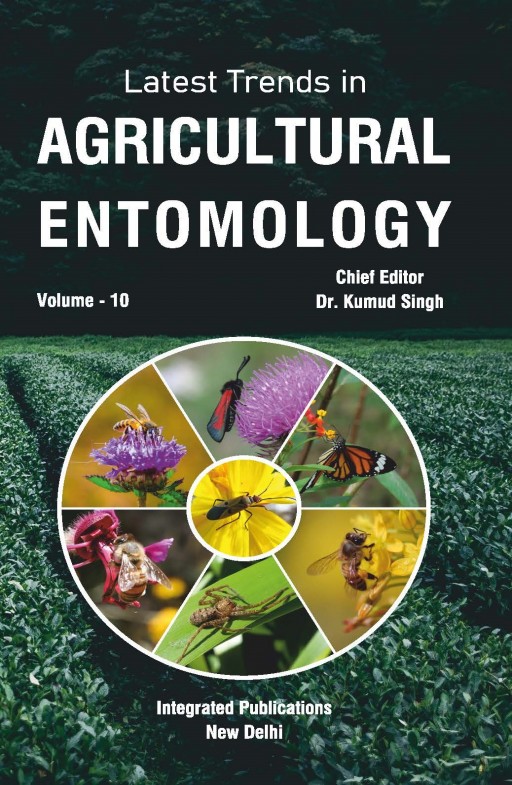Insect pathogens play a crucial role in regulating insect populations and contribute to the overall biodiversity in natural ecosystems. They live in various ecological niches, including soil and infected insects, interacting with their hosts and evolving. Fungi, bacteria, viruses, protozoans, and nematodes are vital players in regulating insect populations in the ecosystem, and their potential applications in biological control programs are critical. It is essential to locate and collect insect pathogens to aid Integrated Pest Management (IPM) efforts. The methods for isolating insect pathogens offer efficient means of culturing these pathogens in the laboratory. The complex interaction between insect pathogens and their habitats, as well as other factors such as soil characteristics, climate, and host availability, significantly impacts the abundance and diversity of insect pathogens. Understanding the co-evolutionary dynamics between pathogens and their hosts, the impact of abiotic factors such as climate change, and the complex relationships between insects and microorganisms is crucial for the development of insect pathogens as biocontrol agents, paving the way for innovative strategies in pest management and sustainable agriculture.
Copyright information
© Integrated Publications.

